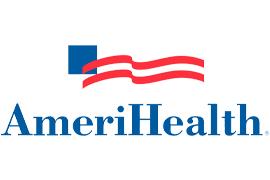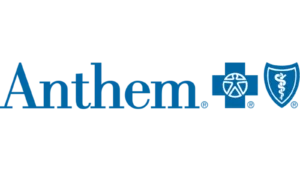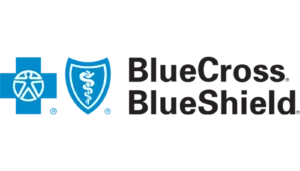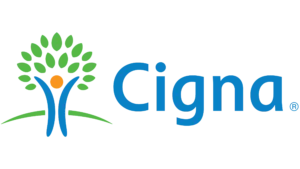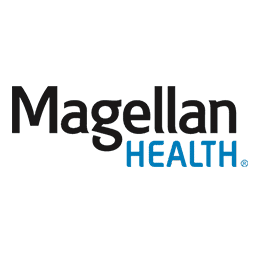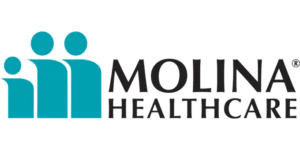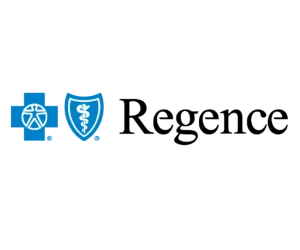Relapse is a common challenge in the recovery journey, but with the right tools, support, and planning, it can be prevented. At Full of Life Recovery Center, we offer a dedicated relapse prevention program in Marlton, NJ that is designed to help individuals recognize early warning signs, develop healthy coping strategies, and build a sustainable, sober lifestyle. Our goal is to empower clients with the skills and confidence they need to maintain their progress long after formal treatment ends.
Every recovery journey is unique, which is why our relapse prevention approach is personalized to each client’s needs. We combine evidence-based therapies, individual counseling, group support, and holistic practices to address the emotional, mental, and behavioral patterns that can lead to relapse. By understanding personal triggers and learning how to respond to them constructively, our clients gain the ability to navigate challenges without returning to substance use.
Our relapse prevention in Marlton, NJ services also connect clients with a wide network of community and statewide resources, ensuring long-term support outside our facility. Whether you are in early recovery or have experienced relapse before, our compassionate team is here to help you stay grounded, supported, and focused on your goals. With a strong foundation in place, lasting recovery is within reach.
Understanding Substance Use Disorder and The Risk of Relapse
Understanding your personal history with drugs and alcohol is a crucial first step in preventing relapse. This process begins with identifying past triggers—people, places, emotions, and thought patterns that may have contributed to substance use or relapse in the past. By recognizing these patterns, individuals can begin to avoid or manage similar situations more effectively moving forward. It’s also important to reflect on specific events or environments that increased vulnerability, helping to inform a more strategic and personalized relapse prevention plan.
A thorough assessment of your substance use history allows for deeper insight into high-risk situations and behaviors. Through this kind of self-assessment and reflection, individuals can acknowledge past use patterns and instances of relapse, gaining self-awareness that is critical for long-term success. This process not only highlights personal warning signs but also helps to shape the foundation for more proactive recovery planning.
Substance Use Disorder (SUD) includes a range of relapse risk factors such as exposure to triggers, high stress levels, traumatic events, and a lack of effective coping skills. Because of this, prevention strategies must be personalized and comprehensive. Effective plans often include building a strong recovery foundation across multiple areas of life—physical health, emotional regulation, social support, behavioral habits, and mental well-being. Additional strategies include increasing self-awareness, practicing consistent self-care, improving communication skills, and surrounding oneself with a supportive recovery network.
It’s also important to recognize that early recovery poses the greatest risk for relapse, with many individuals returning to substance use within the first few months after detox. Relapse is not always a single event—it can also be a gradual process marked by subtle warning signs. If relapse occurs, it should be viewed not as failure but as a valuable opportunity for learning. By exploring what led to the relapse and how it unfolded, individuals can strengthen their relapse prevention tools and be better prepared for future challenges.
What Are The Components of a Relapse Prevention Plan?
At Full of Life Recovery Center’s addiction treatment facility in South Jersey, our approach to relapse prevention goes far beyond simply avoiding substance use—we focus on empowering individuals to build fulfilling, resilient lives in recovery. Our comprehensive relapse prevention program in Marlton integrates proven strategies that help clients maintain sobriety, manage stressors, and respond to challenges with clarity and confidence. We guide each person through a structured, personalized process that reinforces growth, accountability, and long-term stability.
Lifestyle Transformation for Sustainable Recovery
Recovery begins with changing your life, not just your habits. Our substance abuse program emphasizes the importance of lifestyle transformation, helping clients create daily routines that support sobriety and emotional well-being. This includes setting realistic goals for physical health, practicing mindfulness and self-care, and developing hobbies and relationships that align with a substance-free lifestyle. When individuals actively build a life that feels rewarding and balanced, the urge to return to substance use naturally diminishes.
Awareness and Proactive Planning
Self-awareness is one of the most powerful tools in relapse prevention. We help clients identify their personal triggers—whether they be emotional states, specific people, or environmental cues—and develop actionable plans to manage them. This includes recognizing early warning signs of relapse, understanding the stages of the relapse process, and having a concrete response plan in place. Knowing who to call, what coping skills to use, and how to navigate high-risk situations can make the difference between staying on track and slipping into old patterns.
Ongoing Support and Skill Development
Recovery doesn’t happen in isolation. Our relapse prevention programming includes ongoing support through 12-step meetings, peer support groups, and individualized therapy. Working closely with a licensed therapist allows clients to continue exploring their triggers, strengthening coping strategies, and reinforcing their commitment to sobriety. We also offer dedicated relapse prevention workshops and training sessions that focus on building emotional regulation, communication, and stress-management skills—all essential for long-term success.
By weaving together lifestyle changes, self-awareness, structured action plans, and consistent support, Full of Life Recovery Center offers a robust and compassionate relapse prevention framework. We equip our clients with the tools they need not only to avoid relapse but to thrive in recovery, one day at a time.

How Full of Life Recovery Center Implements Relapse Prevention in Marlton NJ
Is Medication-Assisted Treatment (MAT) Used as a Relapse Prevention Strategy?
The Role of Family and Social Support in Preventing Relapse
Understanding the pivotal role of family and social support in preventing relapse is crucial. Research published on The National Library of Medicine highlights a positive correlation between family-expressed emotions and the frequency of relapse, underscoring the importance of a supportive family environment. Additionally, perceived social support has been shown to inversely relate to relapse frequency, indicating that stronger social networks can significantly reduce the risk of falling back into substance use.
Key Aspects of Family and Social Support:
- Emotional and Motivational Support: Emotional backing from family motivates individuals towards recovery, acting as a critical relapse prevention mechanism.
- Stable and Supportive Environment: Family support ensures a stable environment, free from triggers while encouraging healthy habits and offering positive reinforcement.
- Integrated Family Therapy: This approach addresses family roles, relationships, and communication patterns, proving effective in substance use disorder (SUD) treatment.
Actionable Steps for Families:
- Encourage Involvement: Actively participate in the loved one’s treatment process and attend family programs.
- Offer Comprehensive Support: Provide emotional support, facilitate open communication, and assist in early recovery logistics.
- Set Healthy Boundaries: While including the loved one in family events, it’s crucial to set boundaries that promote a healthy lifestyle for all involved.
By focusing on these areas, families can play a transformative role in the recovery process, significantly reducing the likelihood of relapse.
How Our Relapse Prevention Program in Marlton, NJ Connects Clients With State Wide Resources
Get The Tools You Need to Achieve Long-Term Recovery Through Effective Relapse Prevention Programs in Marlton, NJ
The journey towards recovery from substance abuse, as outlined by Full of Life Recovery Center in Marlton, NJ, showcases a comprehensive approach emphasizing the importance of understanding substance use disorder, implementing tailored relapse prevention plans, and the crucial roles of MAT and supportive networks. By delving into the intricacies of triggers, coping mechanisms, and the support of therapy and community, the center has posited a holistic methodology that not only addresses the immediate challenges of recovery but also the long-term sustenance of a substance-free life. This integrative strategy underscores the significance of personalized care, the utilization of evidence-based treatment, and the invaluable support of family and peer networks in fostering a healthy, fulfilling life beyond addiction. If you or a loved one are struggling with substance abuse, then contact Full of Life Recovery’s admissions team.




